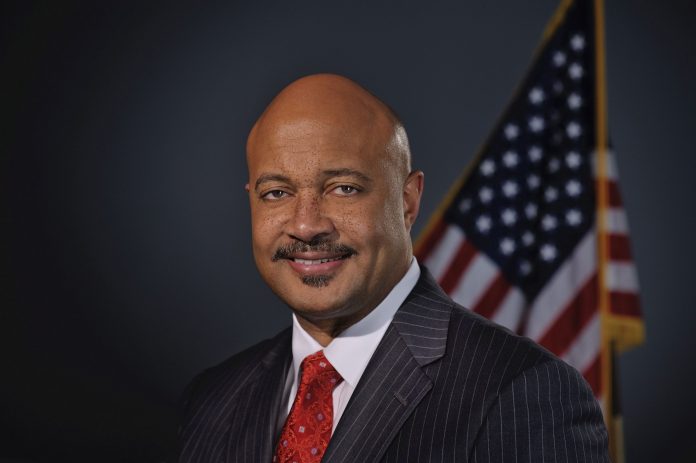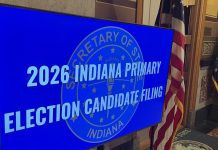Attorney General Curtis Hill last week filed lawsuits against two individuals who have ignored previous orders to stop operating as unlicensed car dealers.
Under state law, all motor vehicle dealers operating in the state of Indiana must obtain a dealer license from the Indiana Secretary of State. The law defines a dealer as a person who sells, offers to sell or advertises for sale at least 12 motor vehicles within a 12-month period.
“These laws exist to protect Hoosier consumers,†Attorney General Hill said, “and my office works daily to ensure that such laws are enforced.â€
Both defendants in the state’s lawsuits, which were filed July 19, have conducted business primarily in the Indianapolis area.
Scott Keen, who has never held a dealer license with the Secretary of State, allegedly has advertised and sold hundreds of vehicles over the past year. He advertises the vehicles on Facebook and uses the slogan “Cash is Keen.” He also seeks to buy used-vehicle inventory, offering cash for any running vehicle with a title. He then sells vehicles from his home.
On April 8, 2019, the Secretary of State issued a cease-and-desist order to Keen requiring him to cease advertising and selling vehicles. Since that time, he has stated in videos posted to Facebook that he intends to continue selling vehicles and maintains his actions are legal. Since the Secretary of State issued the cease-and-desist order, Keen has posted advertisements for over 75 vehicles.
Keith Williams previously worked as the “VP of Sales” for Wheels of Fortune, an entity which had no dealer license despite selling hundreds of motor vehicles. At some subsequent point, Williams engaged in numerous unlicensed sales of his own under the assumed business name EZ Auto Sales. Williams was named as a defendant in the Attorney General’s lawsuit against Wheels of Fortune (Cause No. 49D11-1809-PL-036568) for his actions at the business in addition to his separate individual vehicle sales.
On March 6, 2019, the Office of the Attorney General obtained a judgment against Williams prohibiting him from advertising or selling any vehicle that was not his personal vehicle titled in his own name. Since that date, Williams has advertised over 15 vehicles for sale on Facebook. The vehicles are being stored and sold off the premises of Brakes & Oil LLC. Brakes & Oil (also named as a defendant in this case) is a vehicle repair shop owned and operated by Williams. Other employees of Brakes & Oil have also posted several of Williams’ vehicle advertisements on Facebook. Such vehicle advertisements and sales without a dealer license violate the terms of the injunction issued by the court and are deceptive acts and unfair practices under state law.
While there are benefits of choosing to purchase a vehicle from an individual rather than a dealer, consumers should be aware of the downsides as well. Specifically, a dealer is required to have a $25,000 bond in place to obtain a license. In the event the dealer does not comply with the law during a sale, that bond may be used to compensate a purchaser who incurs damages from those violations. Additionally, dealers are regulated by various state agencies while private sellers have no regulation. While these factors are seldom an issue when a consumer purchases an individual’s personal used vehicle, a seller who engages in numerous unlicensed vehicle sales may also not be following other regulations designed to protect consumers.
Following are several tips for consumers regarding ways to ensure they are not doing business with unlicensed dealers:
- Consumers may see whether a dealer has an active dealer license by inquiring with the Indiana Secretary of State’s Auto Dealers Services Division at sos.in.gov.
- If the salesperson asks you to meet somewhere other than a dealership location, you are likely not communicating with a dealer.
- If you are dealing with an individual seller and the seller has numerous vehicles for sale at their home or lot, they may be acting as an unlicensed dealer.
- If you are purchasing a vehicle from an individual or dealer and receive a bill of sale from a different dealership, the seller is likely unlicensed and attempting to illegally run your transaction through a licensed dealership. In this case, you should not proceed with the sale.
Any consumers who have bought vehicles from either of these defendants may report these transactions to the Attorney General’s Consumer Protection Division by calling 1-800-382-5516 or going online at www.in.gov/attorneygeneral and clicking the “File a Complaint†box at the bottom of the page.





